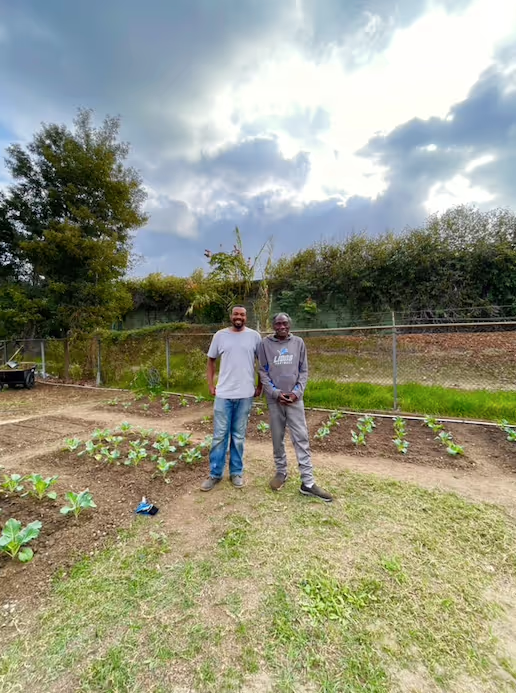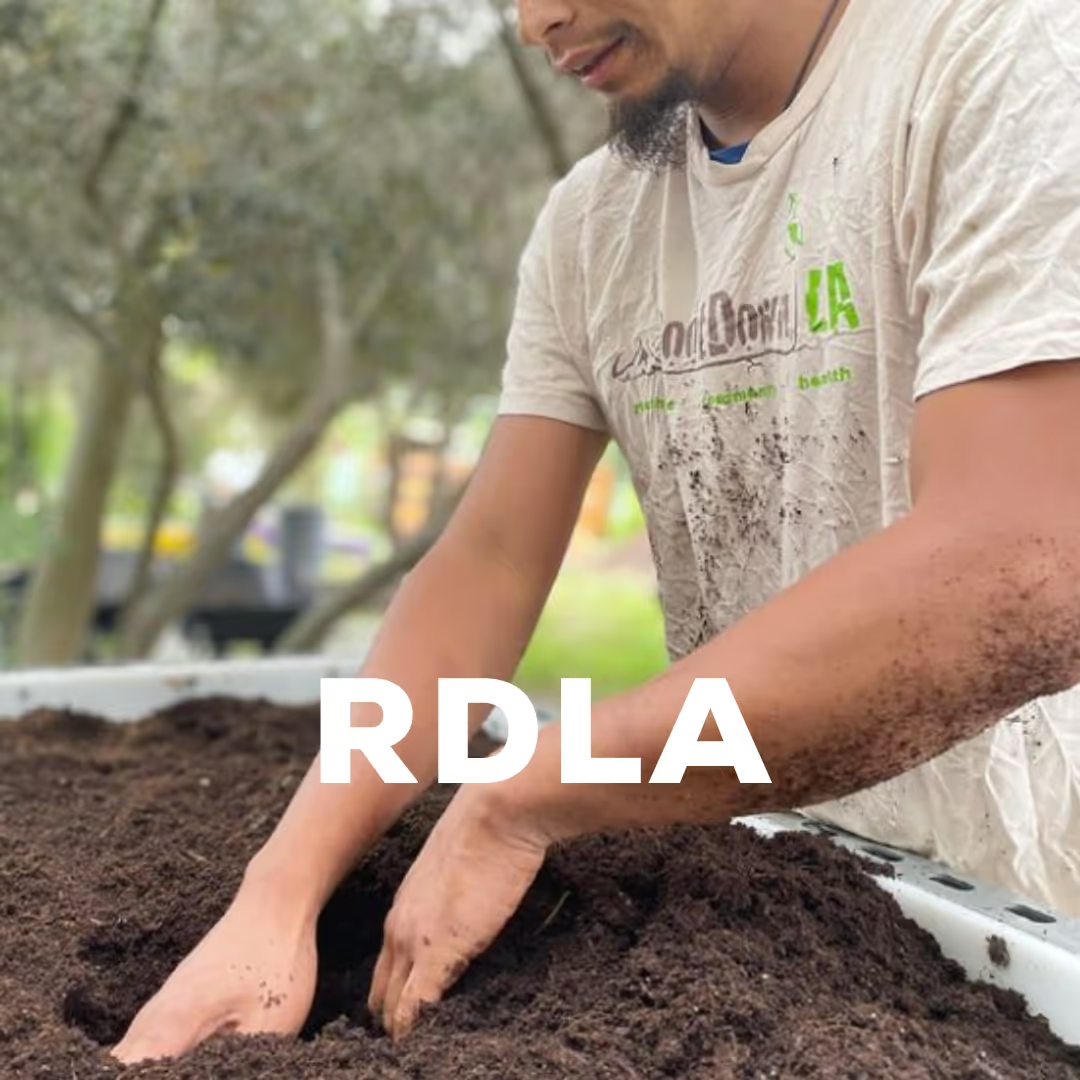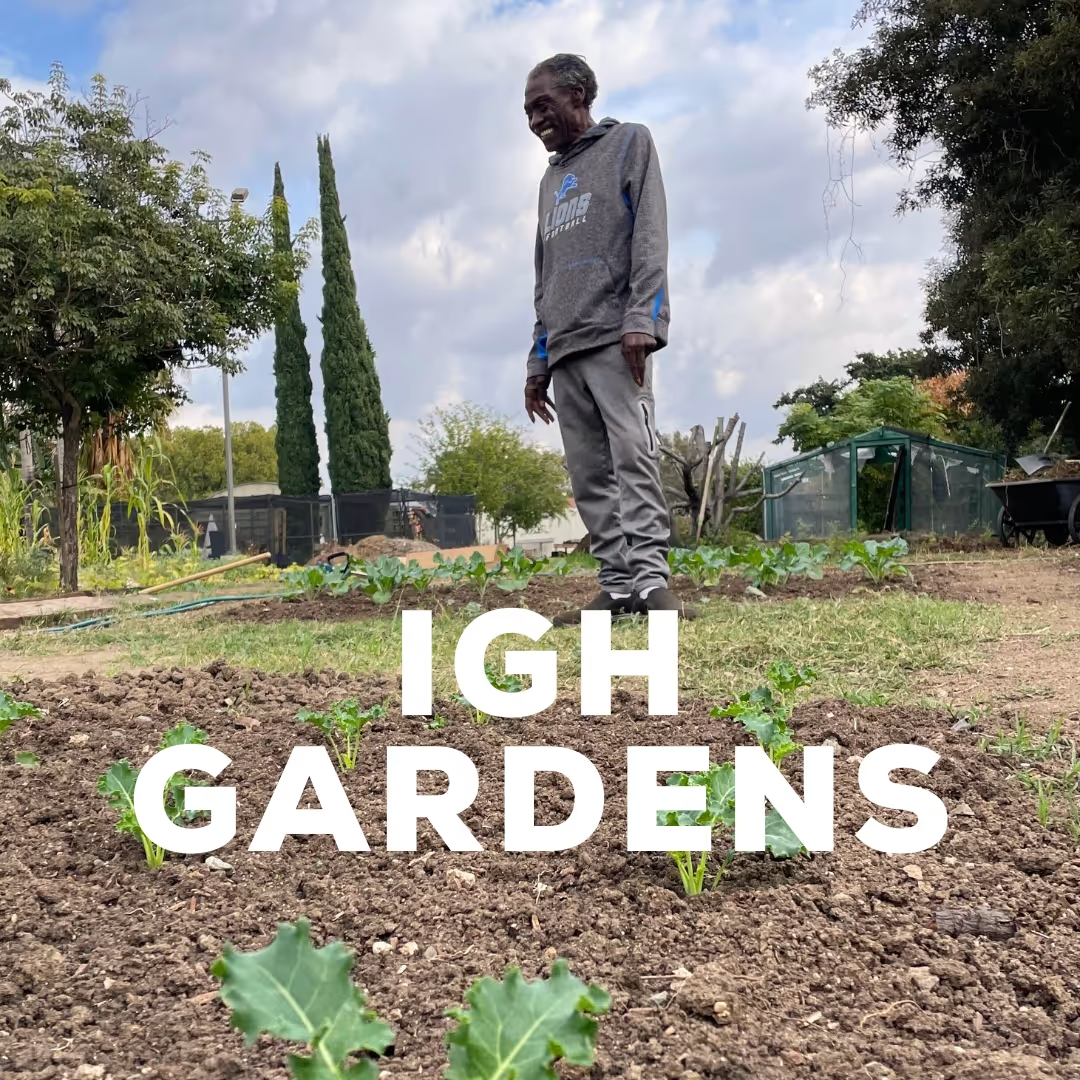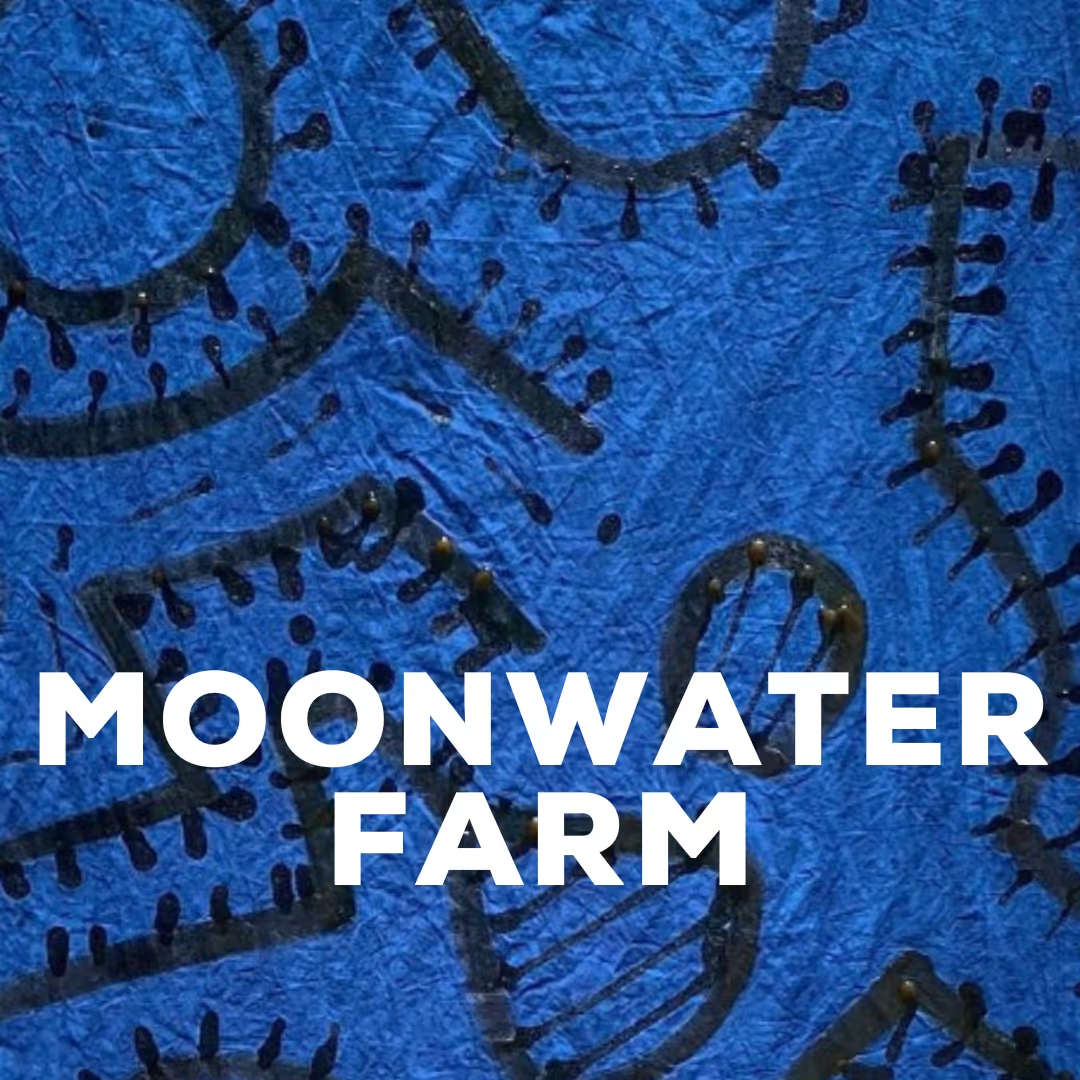The Environmental Justice Fund
Environmental justice is one of the foundational values of Compostable. It’s important to us that all Angelinos have access to a healthy environment and sustainable food system, which starts with cultivating healthy soils. Composting food scraps as close to the source of generation as possible is a great place to start both in terms of remediating local soils and giving back to communities that have bore and continue to bear the brunt of environmental injustices.
SEE OUR EJ FUND PROJECTS
What is environmental justice?

Environmental justice is the idea that everyone has the right to live in a healthy and safe environment, where no one group bears a disproportionate share of environmental burdens.
- “Environmental burdens” include air pollution, exposure to toxic chemicals, water contamination, lack of green space, and the urban heat island effect.
*not an exhaustive list
It's well documented that BIPOC and low-income communities experience higher rates of environmental health hazards stemming from high levels of pollution and contamination. A long history and current upholding of systemic racism, whether it be predatory housing policies (ie redlining), land exploitation and theft, systematic deployment of landfills & factories, underdevelopment or withholding of vital resources (ie food), or a number of other actions based in NIMBYism ("not in my backyard").
Below are just a few examples of environmental injustices that have occurred in Los Angeles.
- Food apartheid in South LA
- Lead contamination in Boyle Heights
- Land theft at Bruce’s Beach and Dodger Stadium
- 710 Freeway expansion
- Oil drilling in South LA
What does the EJ Fund do?
To us, environmental justice in action looks like putting resources and funding into organizations led by communities of color, creating long-term capacity building, and uplifting BIPOC voices.
By choosing the Environmental Justice Plan, you’re doing both of those things. Ten dollars of your monthly subscription goes into our Environmental Justice Fund. We use the fund to partner with local organizations to activate projects that facilitate sustainable food systems and build community resilience in Los Angeles. See our past projects below.



Stay up to date with all our EJ Fund projects here.
If we know a system is integral to society, then we must reimagine it so that it adds value to the community instead of causing depreciation. We must internalize our externalities. This is why we will always advocate for localized, community-based solutions and center communities that have been exploited when envisioning environmental justice for our world.
Donate to Our EJ Fund
Become an EJ Fund Member
“[Environmental] injustice is the manifestation of racism that has, for centuries, been directed at Indigenous communities and peoples of colour; it is the misogyny directed at women that also shows up as brutal disregard for life on Earth .”
-Marcia Ishii-Eitemann, Grassroots Science Programme Director of Pesticide Action Network


